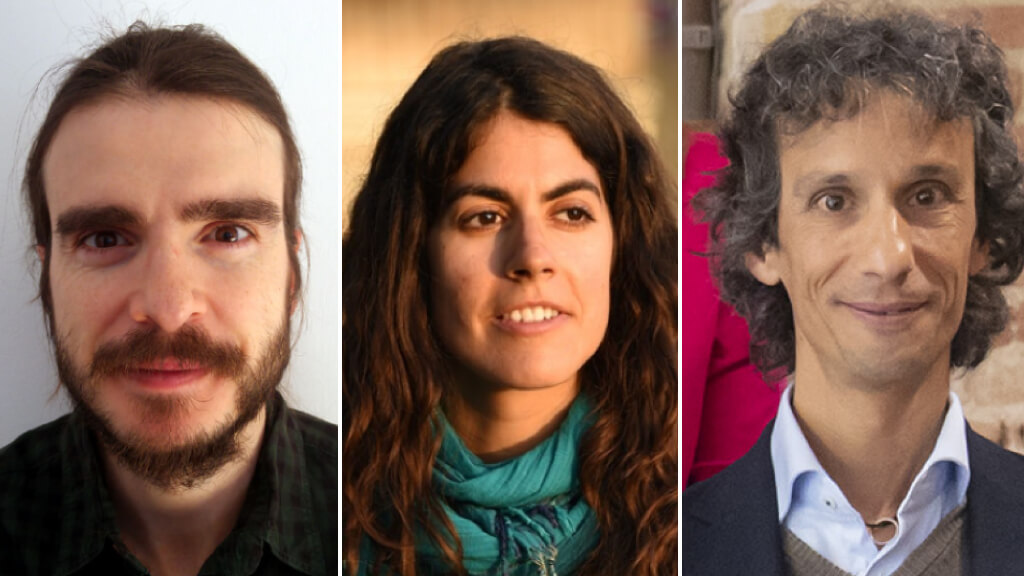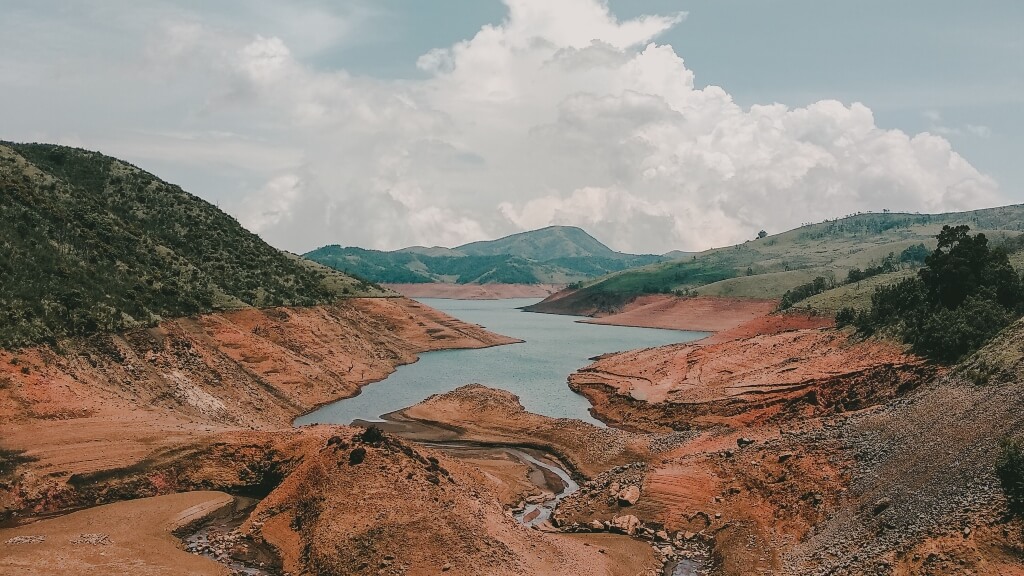"If it weren't for desalination and reclamation, we'd probably have heavier restrictions in the Barcelona metropolitan area than the current ones"

The Barcelona metropolitan area entered the first phase of a drought emergency in late January 2024. This situation means that measures have to be taken to encourage people to reduce their levels of water consumption. Even more restrictive measures will have to be applied in the coming months if the situation does not improve. New technologies, such as desalination and water reclamation plants, now provide alternatives to water from reservoirs. Hug March is a professor at the UOC's Faculty of Economics and Business, and a researcher in the IN3 research group Urban Transformation and Global Change Laboratory (TURBA Lab). In this interview, March, an expert in sustainability and ecological transition, political ecology, water cycle management and urban studies, reflects on some of the issues that have been debated in Catalonia during the current emergency. He believes that water reclamation is crucial for finding alternatives in a climate emergency, and warns of some of the consequences of attempting to maintain current levels of water consumption.
In your opinion and based on your experience as a researcher, how can people improve the situation? What can we do to improve the current situation?
In the current situation in Catalonia, the drought regulation itself already contains a number of important restrictions on some uses. For example, one of the uses consuming the most water in some of the municipalities in the Barcelona metropolitan area with the lowest levels of population density levels is watering private gardens, and watering them with drinking water during the current emergency we're experiencing is prohibited. What people can do, and particularly people who live in low-density urban developments with gardens and swimming pools, is comply with the regulations. These uses in private areas are limited in Barcelona and in metropolitan municipalities with higher population density levels, so it's a question of being aware of how we use water. We can't ask the public not to use water outdoors, as the levels of consumption are already quite moderate. But of course, there are things like spending less time in the shower and taking advantage of this situation to educate children about the drought and the environment. Obviously, municipal councils must shoulder their share of water reductions, and above all monitor leakages in the network. It could also lead municipal councils to consider making systems to reuse greywater (as Barcelona announced recently) or rainwater mandatory in new constructions. The example of the town Sant Cugat, which has a history of using alternative resources which dates back 20 years, is particularly interesting.
How can the domestic use of water be controlled?
Municipal councils have the greatest stake in reducing citizens' water consumption as the Catalan Water Agency monitors municipal limits carefully (in the current emergency it's set a threshold of 200 litres per capita per day for household, municipal and commercial uses, including leakages in the network). As a result, they can apply a system of penalties to people who fail to comply with the prohibitions, by watering private gardens with drinking water, for example. However, these coercive rules are very difficult to enforce in low population density environments. Fines are imposed as a deterrent and we see reports in the media about it from time to time, but the prohibitions are based above all on the idea that citizens will accept them because they will be frowned upon socially if they don't use water properly.
Are desalination plants part of the water reclamation process?
Desalination and reclamation are different technologies. Desalination is when you have a plant which has a reverse osmosis process, and you take sea water, pass it through the filter, remove the salt, mineralize it and purify it to make it drinkable, and send it into the network for consumption. There's a water reclamation plant that feeds the River Llobregat in the Llobregat Delta. Apart from this plant which makes the water very clean, a reclamation station (in an adjacent plant) was built a few years ago, which converts the water with higher levels of purification, and a pipeline was built to carry this water upstream in the River Llobregat. All this reclaimed water is sent 16 kilometres above the mouth of the river, and returned to it before it passes through the town of Martorell. It travels about eight kilometres, and the drinking water treatment plant in Sant Joan Despí takes water from the Llobregat and mixes the reclaimed water and the water that comes from reservoirs.
So water reclamation is one of the solutions that can be used. Is it happening here in Catalonia?
If it weren't for desalination and reclamation, we'd probably have heavier restrictions in the Barcelona metropolitan area than the current ones, lasting months. The difference between our current situation and the drought in 2008 is that today the drought is much more serious, it's lasted much longer, and measures like those used in 2008 haven't been put in place because we have a cushion of water. More than 50% of our tap water is desalinated and reclaimed water, rather than water from reservoirs. We've halved the speed at which the levels in reservoirs fall. These technologies are playing a very important role in this respect. Indeed, the metropolitan strategic plan for the complete water cycle involves doing exactly the same in the River Besòs as in the River Llobregat. In principle, very significant investments are expected in order to build a reclamation plant in the Besòs in the coming years and to build a drinking water treatment plant in Montcada to do the same thing: take water upriver in the Besòs, treat it in Montcada and make it drinkable. The Water Agency has been planning to build two more desalination plants for some years: one in Blanes (Tordera II) and one in Cunit. The ultimate aim of this massive development of unconventional water infrastructure is to increase our resilience to droughts, and avoid having to depend on conventional resources during prolonged droughts like the one we're currently experiencing.
What aspects of the research carried out at the UOC in the area of water can help us tackle this situation?
In recent months I've been interested in the issue of reclaimed water and its implications for changes in water governance and management. After we change the sources of water in a specific urban context, it's also important to think about the possible impacts on access to water due to changes in pricing structures. All these changes in water sources will increase the operational costs of producing the resource, and that will ultimately have an impact on citizens. So the cost must be met, either with an increase in the price for end users through water rates or in general taxes. We have to be very careful of what this may mean in terms of social justice, and above all create pricing structures that are progressive - which they already are - and which aren't excessive for citizens with limited resources who consume less water.
Press contact
-
Anna Sánchez-Juárez


